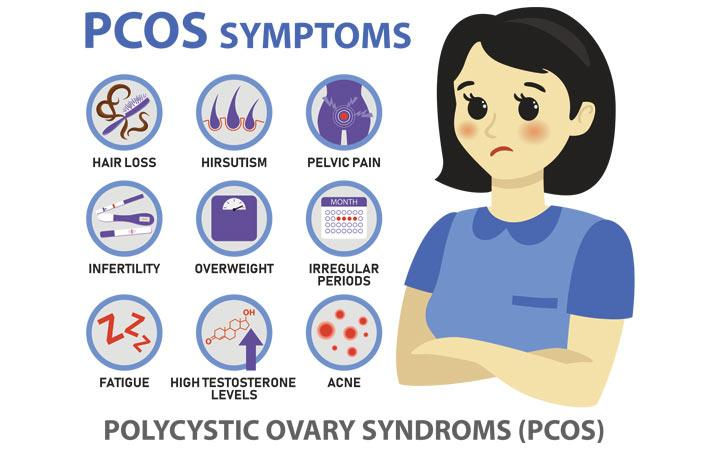Irritable Bowel?
- Alison Cowell

- Jan 12, 2020
- 2 min read
If there’s one terminology for a condition that makes me angry, it’s this one. Irritable Bowel Syndrome (IBS) is used as a common explanation for irregular bowel movements and/or digestive pain. Ok, so your bowel is irritable……but why?

I was told for years that I had IBS and I believed that I did. Why would I question my doctor? He had run a few tests which were ‘all fine’ (I discovered years later that they were anything but), suggested my symptoms were a combination of peri-menopause and IBS, stuffed me with medication and that was that. Except it wasn’t. My poor body was in complete disarray and the medication, although temporarily relieving the ever-debilitating symptoms, was only adding to the turmoil.
It was only when my symptoms literally ground me to a halt on a holiday to New Zealand that I discovered I had an inflammatory bowel condition called Ulcerative Colitis, which unfortunately had been allowed to take more of a hold than it should have because the symptoms had been incorrectly treated as IBS.
Whenever I see clients in my clinics who present with any similar symptoms or who have assumed they have (or been diagnosed with) IBS, I always encourage a colonoscopy, particularly if the symptoms have been ongoing for some time. This procedure uses a camera to look inside you to determine the health of your intestines. It can reveal conditions such as coeliac disease, Crohn’s disease, diverticulitis and, of course, Ulcerative Colitis.
Here are a few of the most common symptoms associated with IBS:
Bloating
Excess gas
Lower abdominal pain
A ‘dragging’ sensation
Irregular bowel movements
·Mucousy stools
A feeling of not emptying
Hmmm…….so quite a few then! And each and every one of those symptoms has another potential cause, so accepting a diagnosis of IBS is not good enough, in my opinion. Not until you have thoroughly investigated and eliminated all of those other causes. In my clinical experience, I don’t recall anyone ever leaving with ‘IBS’ after we had finally unraveled their digestive history, food choices, intolerances and eating habits.
Natural supports include:
·Drinking plenty of water
Reducing inflammation with a fish oil supplement containing at least 600mg of EPA (look at the back of the label on your product)
Glutamine supplement
Investing in a probiotic
I’ve written a Handy Book of Facts on this. It contains lots more information and tips (handy facts!) in a concise, easy-to-read booklet that will act as a useful reference. Click below for details or email alisoncowellspeaker@gmail.com








Comments